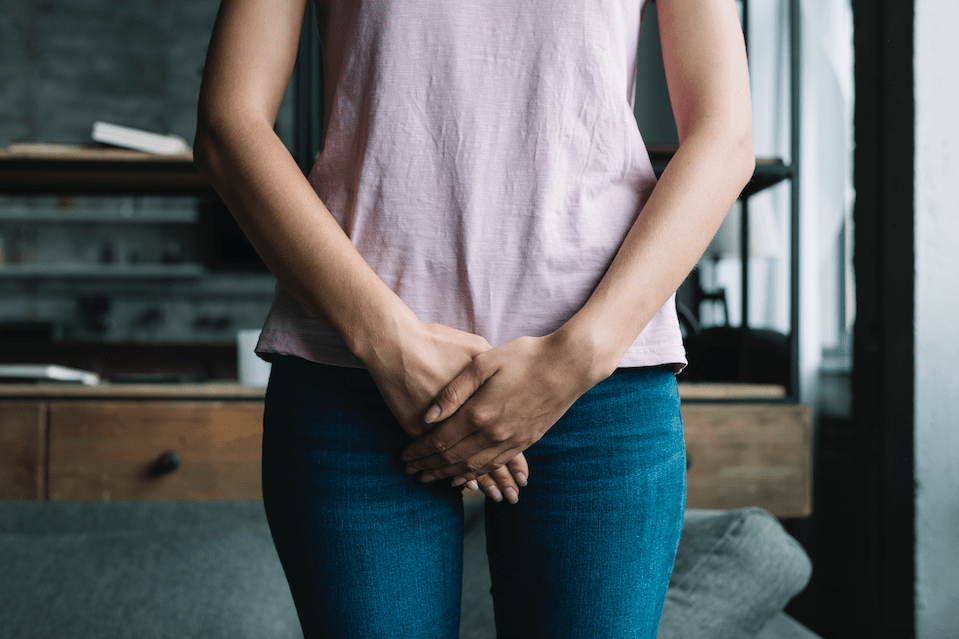
Nội dung bài viết / Table of Contents
This post is also available in: Tiếng Việt (Vietnamese)

Candidiasis is a fungal infection that is caused by a type of fungus or yeast called Candida, usually Candida albicans. Candidiasis can affect the genital areas, mouth, skin and blood .
Moreover, certain medicines and health problems can cause more yeast to grow, particularly in warm, moist body areas. Candidiasis in the vagina is called yeast vaginitis while infections in the mouth is commonly known as thrush.
Signs of candidiasis vary depending on the area of infection. You may have red or white patches that cause itching and irritation. Other signs include difficulty swallowing or pain.
Candidiasis can cause discomfort but is rarely life-threatening. There are some forms of candidiasis that are serious and will need medical treatment. These may include candidiasis that enter your bloodstream, also known as candidemia or invasive candidiasis.
Candidiasis is very common, especially in women. Although candidiasis can affect men as well as children. Candidiasis most often affects people with a weak immune system such as pregnant women, diabetics, babies and people who have HIV or AIDS. You can lower your chances of getting candidiasis through handwashing and proper personal hygiene.
Symptoms of candidiasis can vary and depend on the area of infection. Here are some common symptoms that can occur:
There may be some signs or symptoms not listed above. If you have any concerns about a symptom, please consult your doctor for more information.
You should contact your doctor if you have any of the following:
The common cause of candidiasis is a fungal or yeast called Candida, more specifically known as Candida albicans.This fungus is found almost everywhere, even inside your body.
It grows in areas where there is more moisture and heat such as the genital areas and the certain areas on the skin. It can grow in people who have a weak immune system such as pregnant women, people with diabetes or HIV or AIDs. Taking antibiotics for a prolonged time can kill the natural bacteria that is found in your body, allowing Candida to grow.
There are many risk factors for candidiasis, such as:
The information provided is not a substitute for any medical advice. ALWAYS consult with your doctor for more information.
Depending on the type of infection, your doctor will review your medical history and perform a complete physical examination. The doctor will use a swab to take samples from the affected area such as the genitals or mouth and send them to a laboratory for diagnosis. In more severe cases, an ultrasound or CT scan will be needed to examine the brain, kidney, liver or spleen for any candida lesions.
Candidiasis is treated by using antifungals, a class of drugs used to treat fungal infections. The specific type of antifungal depends on the type of the fungal infection. You should consult with your doctor to find the right treatment for you. Your doctor may recommend the following:
The drugs mentioned above are just examples. You should talk to your doctor if you have any questions about your prescription. Make sure to finish your full course of therapy. It will help to also wear loose fitting clothes and keep your skin cool and dry. Vaginal candidiasis will usually clear up in 4 to 7 days. Mouth and skin candidiasis may clear up sooner, within 1 or 2 weeks.
What are some lifestyle changes or home remedies that can help me manage candidiasis?
The following lifestyles and home remedies might help you cope with Candidiasis:
If you have any questions, please consult with your doctor to better understand the best solution for you.
section